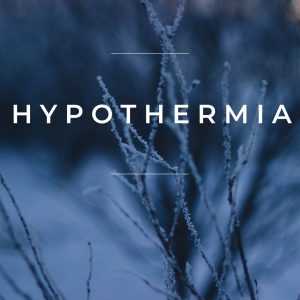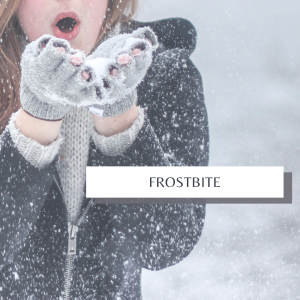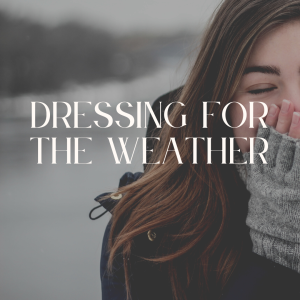January 11, 2024 – When there is a sudden drop in temperatures during the winter months, EMSA team members respond to a variety of weather-related medical emergencies across their Oklahoma service area.

One of the most dangerous cold weather-related illnesses is hypothermia. Hypothermia occurs when your body loses heat faster than it can produce it, causing your body temperature to drop. When your body temperature drops, your organs cannot function properly. If hypothermia goes untreated, it can lead to organ failure and ultimatley death.
You should be familiar with the signs and symptoms of hypothermia. Those include:
- Shivering
- Slurred speech or mumbling
- Slow, shallow breathing
- Weakened pulse
- Clumsiness or lack of coordination
- Drowsiness or loss of energy
- Unconsciousness.
Most patients suffering from hypothermia do not realize they are suffering from it because the symptoms gradually build. If you suspect someone is suffering from hypothermia, you should call 911 immediately. While waiting for Paramedics to arrive, try to warm them up by providing warm, dry clothing, dry blankets and move them inside, if possible.

Frostbite is another medical condition caused by the extreme cold temperatures. Frostbite is most likely to affect the fingers, toes, nose, ears, cheeks, and chin. Like hypothermia, a patient may not realize they are suffering from frostbite until someone else points it out because the onset of symptoms is gradual.
Symptoms of frostbite include:
- Cold Skin and a Prickling Feeling
- Numbness
- Skin that Looks Different
- Hard or Waxy-Looking Skin
- Clumsiness
- Muscle Stiffness.

The easiest way to prevent frostbite and hypothermia is dressing properly for the conditions and limiting your time outdoors in the sub-freezing elements. Even if you do not expect to be outdoors for more than a few minutes, it is always best to dress for the weather. Moisture is the top concern when dealing with cold temperatures, and the most common cause if moisture on the body during cold spells is sweat. Always keep an extra set of dry clothes nearby that can be used if your underclothes get wet while spending times in the cold.
To prepare for the extreme cold, make sure you are wearing:
- Hat
- Gloves
- Heavy Coat
- Layers to stay insulated
- Boots or Shoes with Traction.
- If possible, wear moisture resistant or moisture wicking clothing.
